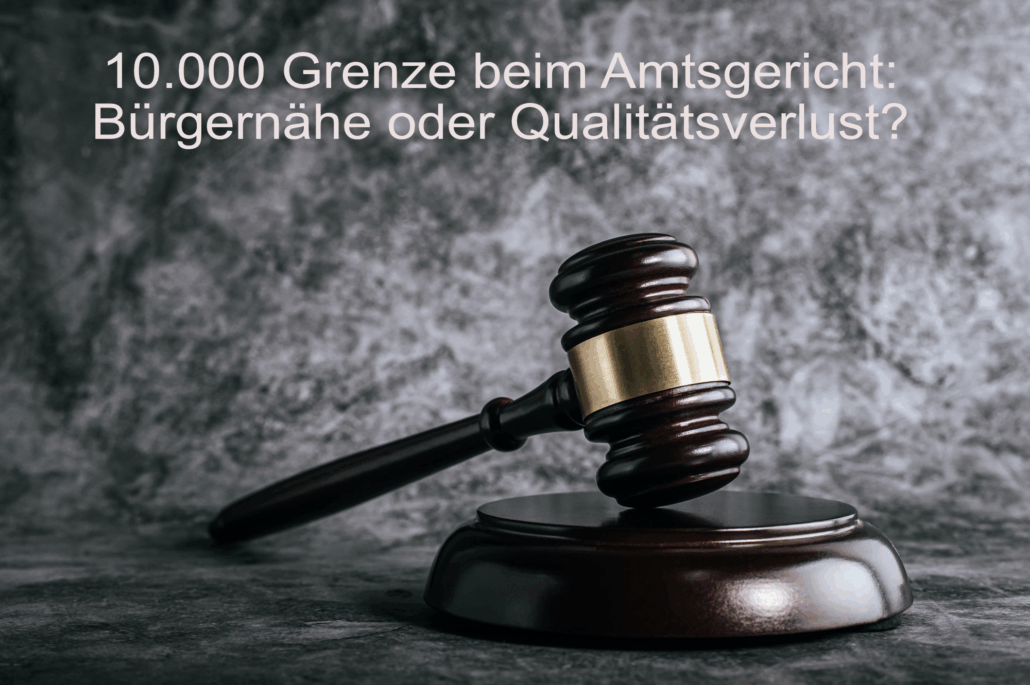Landmark ruling by the BGH on the law of company acquisitions (judgment of September 26, 2018, case no. VIII ZR 187/17, reasons for judgment pending):
/in Commercial law, Liability law, Nicht kategorisiertLEGAL+ NEWS
A landmark new ruling by the BGH (case no. VIII ZR 187/17) removes a fundamental misconception regarding liability in company acquisitions:
The ruling in brief (BGH ruling from September 26, 2018, case no. VIII ZR 187/17)
The purchase of shares is a legal purchase to which the rules on liability for material defects generally do not apply. An exception only applies if the object of purchase is the entire company or, in the case of the purchase of shares, (almost) all shares. Contrary to a long-standing misconception in legal literature and the courts of lower instances, it is not sufficient if the purchaser holds all or almost all of the shares in a company as a result of the transaction.
The case
In its ruling of September 26, 2018, the VIII. Civil Senate of the BGH buried a decades-old error in legal practice. The subject of the judgment is the following, very abbreviated case, which I have been personally involved in on the plaintiff’s side since the first instance:
A and B were equal shareholders in a GmbH as part of a joint venture. Following the decision to terminate the joint venture, A acquired all shares in the GmbH from B with the result that A has held all shares alone since the transaction. The parties agreed a comprehensive exclusion of warranty in the purchase agreement. After the transaction was completed, it turned out that the GmbH was already insolvent at the time the contract was concluded and was therefore no longer able to operate on the market. A then demanded a refund of the purchase price paid from B on the grounds of frustration of contract because – in principle undisputed – both parties assumed that the GmbH was solvent and that the purchase price had been determined on the basis of a jointly agreed valuation. B objects that, due to the priority of liability for material defects, application of the rules on frustration of contract is excluded. Liability for a material defect was in turn excluded because a comprehensive exclusion of warranty had been agreed. A quality agreement had not been made.
The error of the lower courts (OLG Karlsruhe, judgment of 02.08.2017, Ref. 13 U 44/15)
Both courts of first instance dismissed A’s corresponding claim on the grounds that the rules on the warranty for material defects would apply. As a result, there was no claim due to the agreed exclusion of warranty. The rules on the frustration of contract had no scope in addition to the warranty for material defects.
The Higher Regional Court of Karlsruhe (judgment of 02.08.2017, ref. 13 U 44/15) justified the applicability of the law on warranties for material defects in the belief that it was based on a clarified legal situation in this regard as follows:
According to general opinion (overview of the current state of opinion in Beisel/Klumpp, Der Unternehmenskauf, 7th edition 2016, Section 4 para. 10), the purchase of company shares (“share deal”) is also a legal purchase under the new law within the meaning of Section 453 Para. 1 Var. 1 BGB and, in particular with regard to the warranty, continues to be treated like a company purchase by way of an “asset deal” (sale of an embodiment of legal and material entities including intangible assets such as “good will”, see BGH, judgment of 02.03.1988 – VIII ZR 63/87, juris para. 16) if the purchase agreement extends to the acquisition of all shares in the company (Staudinger/Beckmann, BGB, Neubearbeitung 2013, § 453 para. 90) or the shares remaining with the seller or third party are so insignificant that they do not significantly impair the purchaser’s power of disposal over the company, provided that the parties’ intention is to purchase the company as a whole (BeckOK BGB/Faust BGB Section 453 para. 32 with further references to the current state of opinion).
(…)
The purchase of 50% of the shares in the target company as part of a so-called share deal is also undoubtedly to be classified as a purchase of the entire company, as the plaintiff, by virtue of the purchase, acquired all shares in the target company and, as the sole owner of the business, was now solely responsible for the fate of the target company. Therefore, even under the new law of obligations, the law on warranties for material defects applies to defects in the company.
The OLG’s major error lies in the following:
Contrary to the Higher Regional Court, it is not sufficient for the applicability of the rules on the warranty for material defects that the purchaser combines all shares in the target company with the purchase as intended.
The clarification of the BGH in the oral hearing on September 26, 2018
The Chairwoman of the XIII Civil Senate of the BGH explained in the oral hearing:
“The Federal Court of Justice has probably been misunderstood in the past.”
As the Senate then clarified in the further course of the oral hearing, the application of the law on warranties for material defects is only justified if the object of purchase itself represents the company as a whole – or at least almost as a whole. Accordingly, there can be no question of a purchase of goods subject to the law on material defects if the object of the purchase – as in the present case – is only 50% of the shares in a company. Contrary to a widespread misconception for decades, it is not sufficient if the buyer holds all shares in a company as a result of the transaction.
The consequence for the case in question was, in particular, that the rules on the discontinuation or disturbance of the basis of the transaction were not superseded. I fought for this from the first instance…
For the reasons stated, the BGH overturned the decision of the Higher Regional Court of Karlsruhe and referred the case back for further proceedings.

Reasons for judgment still outstanding
An update of this article will follow as soon as the reasons for the judgment of the BGH are available.

LATEST ARTICLES

Up to €10,000 before the local court: why it goes wrong
Up to €10,000 in the local court – a mistake with an announcement. The planned reform of the amount in dispute will shift masses of proceedings from the regional courts to the local courts. Sounds like a relief – but will have the opposite effect.

Contract law: Stuttgart 21 and the speech clause – a lesson in clear contract drafting
Sometimes a single sentence decides billions. This is exactly what happened with the Stuttgart 21 project. At the center of the legal dispute was a short contractual provision – the so-called “speech clause”.

Breach of an international jurisdiction agreement can result in liability for damages! – On the ruling of the BGH from 17.10.2019 (Ref. III ZR 42/19)
International agreements on jurisdiction, especially if they are to have exclusive validity, generally have the purpose of protecting the party benefiting from the agreement from the often very considerable costs of a legal dispute in a foreign country.
Unfortunately, however, it is not uncommon for the other contracting party to suddenly no longer want to know about the jurisdiction agreement in the event of a dispute. The background to such a dishonest approach is – obviously – not least the potential for blackmail associated with such an approach. This is because the party that finds itself – in breach of the jurisdiction agreement – exposed to a foreign lawsuit is regularly forced to take action abroad through lawyers in order to avoid legal disadvantages. This in turn is often very expensive, with the USA being the most prominent example.
CONTACT

+49 (40) 57199 74 80
+49 (170) 1203 74 0
Neuer Wall 61 D-20354 Hamburg
kontakt@legal-plus.eu
Benefit from my active network!
I look forward to our networking.
